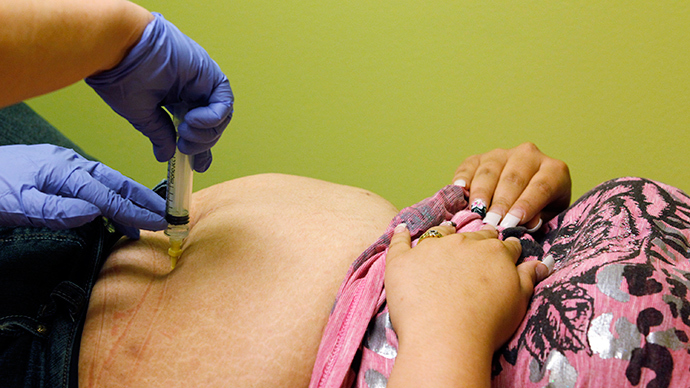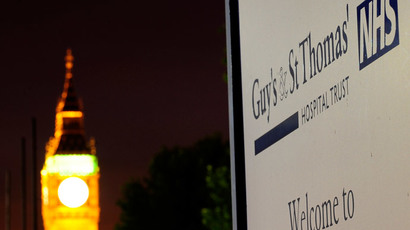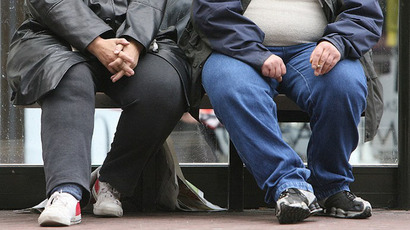NHS weight-loss surgery urged for 800,000 diabetics

Weight-loss surgery could be offered on the NHS to 800,000 Britains with type 2 diabetes under new draft guidance published.
The National Institute of Health and Care Excellence (NICE) says new evidence suggests interventions such as gastric bands can help diabetics control their condition and even reverse the diagnosis.
The NHS currently offers bariatric surgery to morbidly obese people with a BMI of over 40, or over 35 if the person has another serious condition such as diabetes.
The NICE draft guidance recommends extending this to people with a BMI of between 30 and 35 who were diagnosed with type 2 diabetes in the last ten years. This could see as many as 800,000 people offered the surgery, according to current figures.
“Updated evidence suggests people who are obese and have been recently diagnosed with type 2 diabetes may benefit from weight loss surgery,” said Mark Baker, director of the Centre for Clinical Practice at NICE.
“More than half of people who undergo surgery have more control over their diabetes following surgery and are less likely to have diabetes related illness; in some cases surgery can even reverse the diagnosis.”
However, experts warned that bariatric surgeries – including inserting a gastric band to make the stomach smaller or conducting a gastric bypass where the digestive system is re-routed past most of the stomach – were risky.
“Bariatric surgery should only be considered as a last resort if serious attempts to lose weight have been unsuccessful and if the person is obese,” said Simon O'Neill, director of health intelligence at leading charity Diabetes UK.
NHS figures estimate approximately 2.9 million people in the UK are affected by diabetes, while there are thought to be around 850,000 undiagnosed sufferers.
Diabetes is a lifelong condition that causes a person's blood sugar level to become too high. Type 2 occurs when the body doesn't produce enough insulin to function properly, or the body’s cells don't react to insulin. About 90 percent of all adults in the UK with diabetes have type 2.














